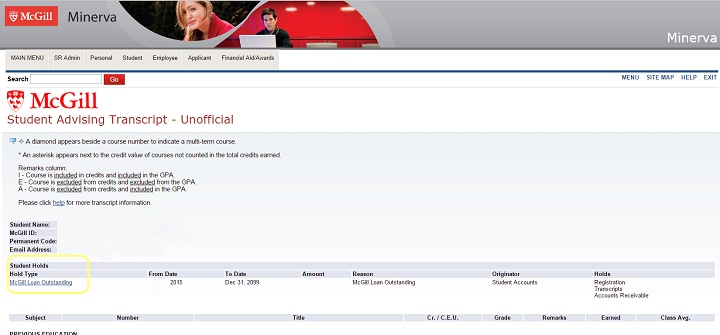The beginning of the semester is often an exciting time to reconnect with friends, celebrate returning to Montreal, and begin new classes. Unfortunately, for some students, the beginning of this semester is full of uncertainty as they continue to wait for grades from the fall semester. Despite the school’s promise to return grades by Jan. 5, many students had not received feedback from professors by the first day of classes this semester. This recurrent problem shows that, in coming years, McGill must significantly improve course feedback processes and hold its professors more accountable for returning final grades.
While this may merely be annoying for some students, others rely on their grades from previous semesters to help determine what courses they choose in the semester to come. Similarly, many are required to receive passing grades in a prerequisite before moving on to subsequent courses. This systemic and recurring issue at McGill poses not only technical problems for students, but increases stress and anxiety in an already demanding time.
The difficulties resulting from late Minerva updates are exacerbated over the summer break, where a delay in receiving feedback can mean that students have to wait months before conferring with professors about their progress in the class. Upon returning to classes the following fall, students may find that their professors are too busy to discuss the previous semester’s grades or that their understanding of the material has dwindled over the four months away from class, and decide that it is not worth reaching out.
This shortcoming at the beginning of each semester is ultimately indicative of a larger problem at McGill. In many classes, professors give students little to no feedback throughout the semester. This results in significant uncertainty about which concepts students have mastered and which require more work. Given that a significant number of classes at McGill, particularly introductory classes, rely on midterms and finals as the only forms of assessment, professors may not be able to provide substantial feedback to students, who then may enter these tests with only a cursory knowledge of how to prioritize their time.
Feedback processes at McGill consistently demonstrate that the school is focused on the superficial results portrayed by a grade rather than the actual enrichment and education of its students. Throughout their degrees, students are left with only a transcript in place of adequate advising, feedback, and support. This framework gives little consideration to how much information students actually retain or to the quality of the education and feedback. Despite these barriers, some professors strive to give students a higher quality of education, offering a plethora of resources to engage and receive additional help in the form of office hours, tutorials, and email. However, this level of support can be difficult to maintain in large lectures.
While it is clear that the responsibility to improve the quality of education and assessment lies within the hands of both students and professors, McGill needs to do significantly more to promote the success of their students and strive to educate them in a meaningful way. To get the most out of their education, students should actively seek opportunities for feedback. However, McGill must provide opportunities that support students’ success and improve grade reception. At the very least, the school must hold themselves accountable to the same standards as their students by returning grades by the date that was indicated, just as students must hand in assignments by the submission deadline.







